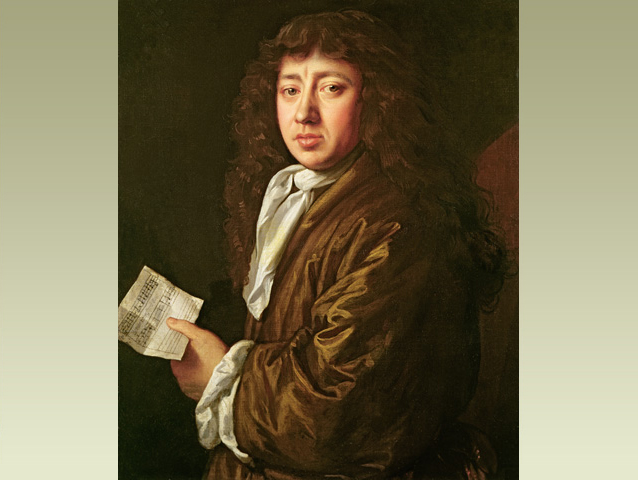


Pepys owned the earliest purpose-built bookcases on record in England and he liked his books arranged by height, not by subject. There he collected material for a history of the navy, which was never written, corresponded with friends and persons of distinction, many of whom came to dinner, and pleasurably organised the library he was leaving to Magdalene College, Cambridge, with its beautifully bound volumes in Latin, Greek, French, Spanish and Italian as well as English, and the manuscript of the diary. Reproaching himself in his diary in 1666 for loving pleasure so much that it sometimes distracted him from business, he went on, ‘However, music and women I cannot but give way to, whatever my business is.’Īfter his retirement in 1689 Pepys continued to live in his rooms in York Buildings overlooking the Thames, near today’s Hungerford Bridge.

He was a cheerful, gregarious man, as endlessly curious as a cat, highly emotional and susceptible. He had climbed the ladder by a combination of brains, energy, efficiency, adroit networking and sheer likeableness. Trusted by Charles II and James II, he had been on friendly terms with Newton, Wren and other eminent figures of the day. From humble origins as the son of a struggling London tailor, he had made his way up to be secretary of the Admiralty, in charge of the largest-spending department of state, as well as a member of parliament and president of the Royal Society. That Britannia ruled the waves was due more to Pepys than to any other one person. It was, in the felicitous words of Oxford University’s orator, that in his years at the Navy Office he had ‘encompassed Britain with wooden walls’. When he died on 26 May 1703 Samuel Pepys’s claim to fame was not his diary, which would not be deciphered for another hundred years and more.


 0 kommentar(er)
0 kommentar(er)
